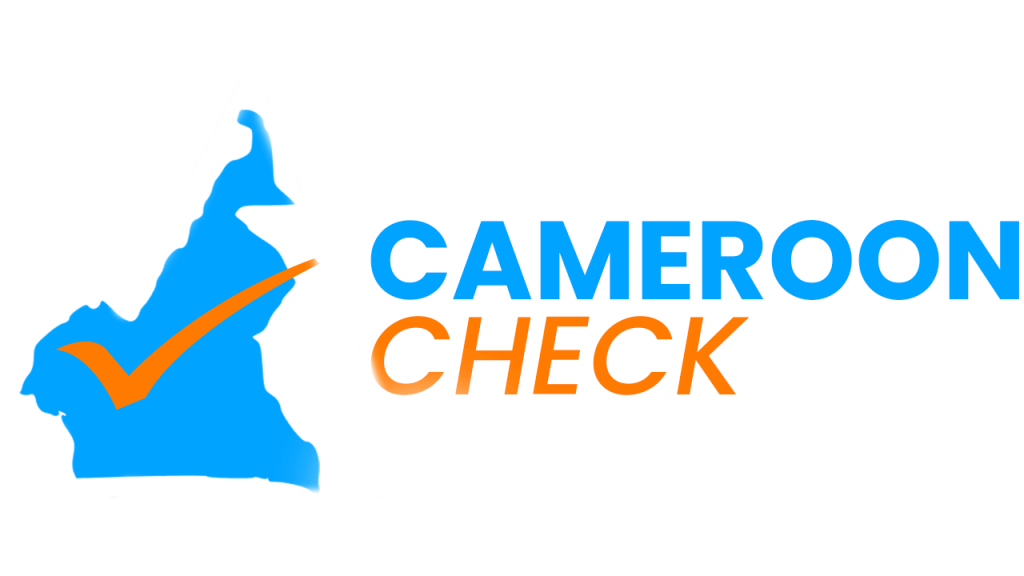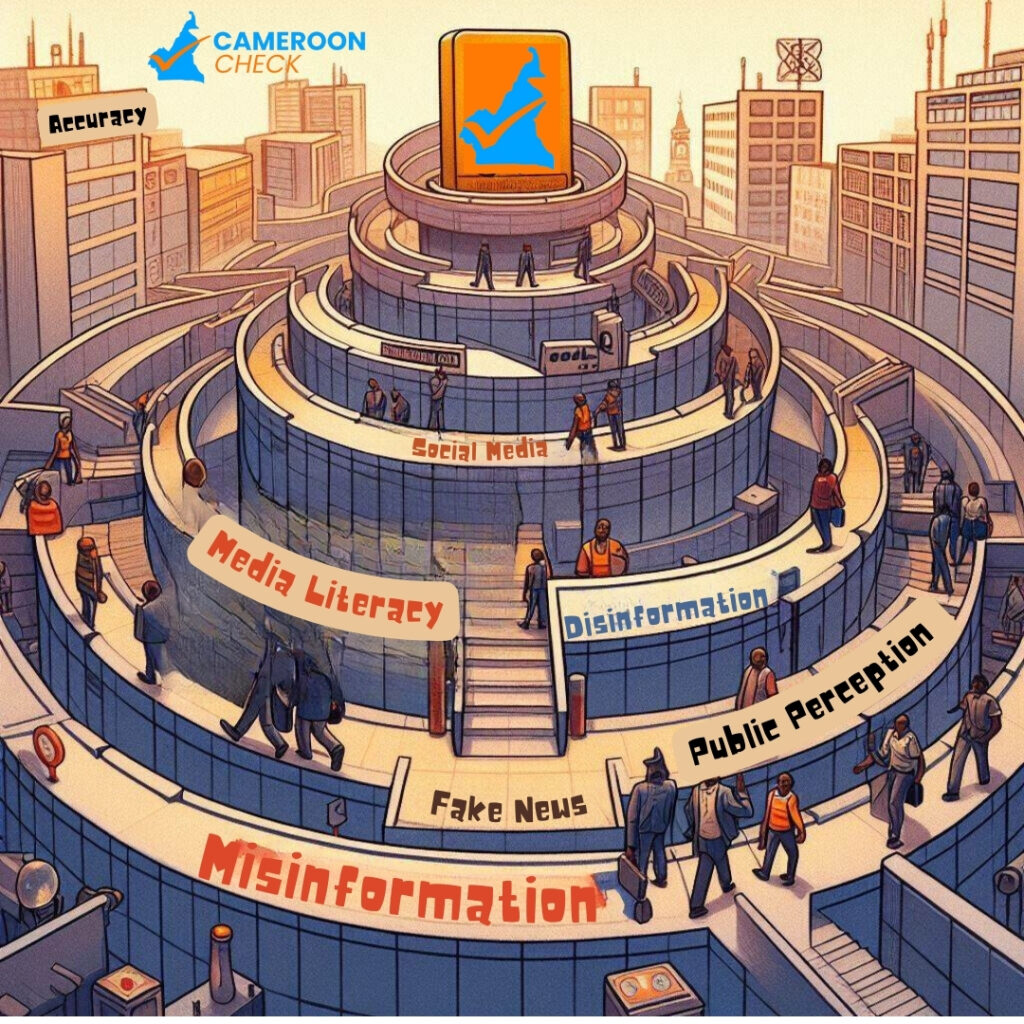Abstract
In an era where misinformation spreads faster than the truth, understanding public perception and response to false narratives is crucial. This article delves into the findings of a comprehensive survey conducted by Cameroon Check, revealing the impact of misinformation on society and the effectiveness of fact-checking strategies. Navigating the misinformation maze: insights from Cameroon Check’s public survey.
Introduction
Misinformation has emerged as a formidable challenge in the digital age, influencing public health, elections, and social cohesion. The Cameroon Check survey provides a window into the public’s encounters with misinformation, their methods of discernment, and the perceived effectiveness of fact-checking strategies.
Methodology
The survey utilized a questionnaire distributed across various demographics in Cameroon, encompassing questions about encounters with misinformation, fact-checking awareness, and suggestions for improving information accuracy.
Results
- Encounters with Misinformation: A significant 78.6% of respondents reported encountering misinformation, with 50% facing it daily on social media platforms.
- Identification of Misinformation: Respondents identified misinformation through cross-checking with other news outlets, official debunks, and personal detection skills.
- Impact on Society: Misinformation was believed to significantly impact public health, elections, and socio-cultural aspects, with 71.4% stating it affects all domains equally.
- Fact-Checking Awareness: 42.9% of respondents regularly consult fact-checking organizations, indicating a reliance on these entities for accurate information.
- Effectiveness of Fact-Checking: 57.1% viewed fact-checking strategies as very effective, highlighting the trust placed in these initiatives.
Discussion
The survey highlights the critical role of fact-checking in mitigating the effects of misinformation. It also underscores the need for increased media literacy and the implementation of legal measures to deter the spread of false information.
Strategies for Countering Misinformation
- Technology Integration: Embedding fact-checking tools in news articles.
- Education: Launching mass education campaigns through media.
- Legal Measures: Imposing sanctions against misinformation dissemination.
- Fact-Checking Teams: Establishing responsive fact-checking units.
- Government Monitoring: Enforcing laws against fake news promoters.
- Public Sensitization: Increasing awareness about fake news identification.
Suggestions for Fact-Checking Improvement
- Credibility Enhancement: Establishing fact-checking organizations as authoritative sources.
- Awareness Campaigns: Raising awareness about fact-checking processes.
- Resource Investment: Investing in the fact-checking industry for better response capabilities.
- Social Media Utilization: Leveraging social media for continuous education on misinformation.
- Moral Education: Instilling values of truth and integrity from a young age.
Conclusion
The Cameroon Check survey offers valuable insights into the public’s battle against misinformation. The findings suggest a multi-pronged approach to promote accurate information and counter misinformation, involving technology, education, legal measures, and community engagement.
Recommendations
Based on the survey results, the following recommendations are proposed:
- Enhance Fact-Checking Visibility: Increase the visibility and accessibility of fact-checking resources to the public.
- Strengthen Legal Frameworks: Develop and enforce stringent laws against the creation and spread of misinformation.
- Foster Media Literacy: Integrate media literacy education into school curricula and public campaigns.
- Support Fact-Checking Initiatives: Provide financial and technological support to fact-checking organizations to expand their reach and impact.
This research article synthesizes the survey data to provide a comprehensive overview of the current state of misinformation and fact-checking in Cameroon, offering a foundation for future strategies to combat the misinformation epidemic.
Other Fact Checks From Cameroon Check check (click the hyperlink on Cameroon Check)

